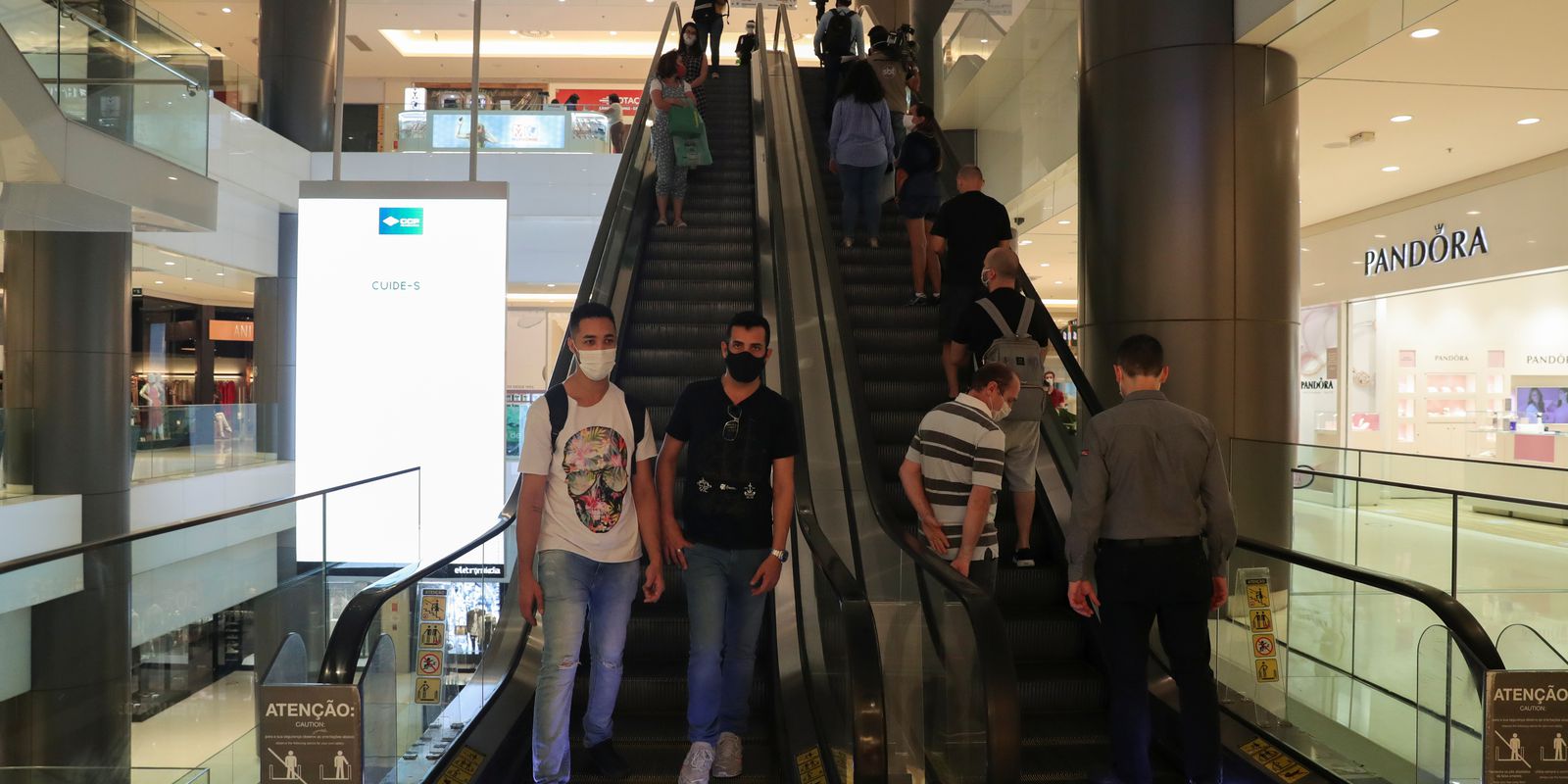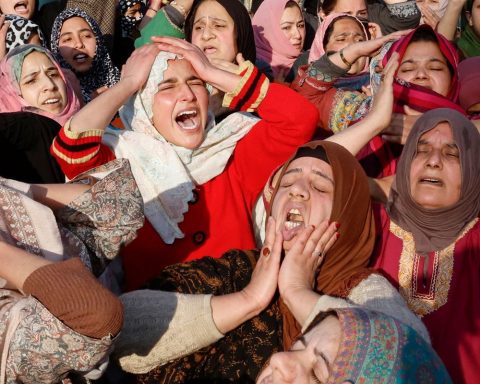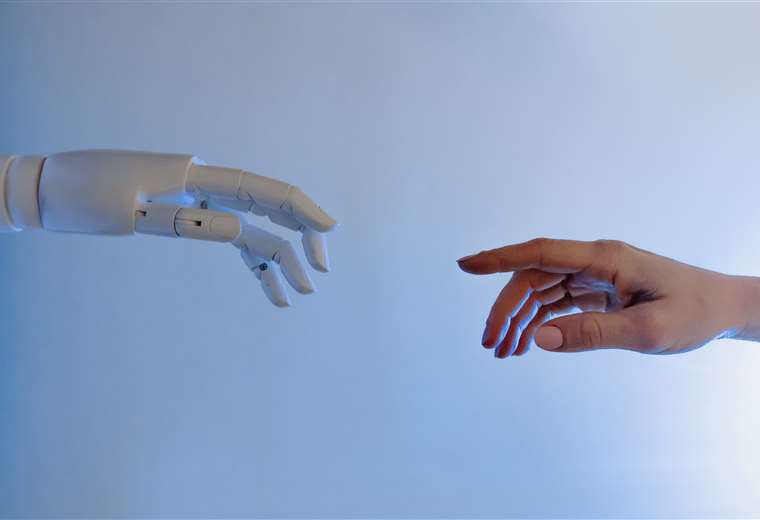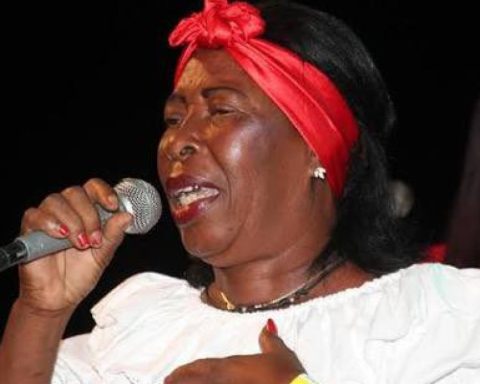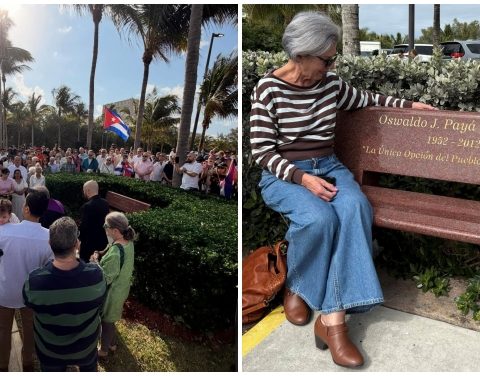Young people are the portion of the population most affected by the health crisis caused by the covid-19 pandemic, according to the annual State of the World report, released this week by the non-profit research organization Sapien Labs. In Brazil, the study showed that there are 39% more people aged 18 to 24 reporting mental health complaints when compared to the age group of 55 to 64 years.
Young people, especially those between the ages of 18 and 24, are five times more likely to report mental health complaints than their grandparents’ generation. “There is not a single region, language group or country where the decline in mental well-being in successively younger generations is not apparent. This translates into a dramatic increase in the percentage of each younger generation who are mentally distressed or struggling at a level that qualifies as clinical in nature or requiring professional help.”
At the clinic run by psychologist Mariana Azevedo, a specialist in mental health and chemical dependency, there was a significant increase in assistance to children and adolescents, which is why it was necessary to carry out training to serve this public. “The new coronavirus pandemic has increased the number of visits to young people with mental disorders, including depression and anxiety. In addition, the lack of social contact, isolation and uncertainty about the future are among the factors that most contribute to the worsening of this situation”, points out Mariana Azevedo.
In this search for relief from discomfort and existential anxieties, the psychologist identified a curious phenomenon among young people, which is the need to symbolize these pains and frustrations in the body through tattoos. “We notice this increase in the attempt to relieve discomfort, anguish, malaise, through the body, through tattoos”, she exemplifies.
The pandemic also brought about significant changes in the way young people relate and interact socially, especially after being deprived of the school environment due to social isolation. “One of the things that marks adolescence is this separation from the family nucleus for a constitution of the subject. And in this context, the interaction between young people that used to happen at school ceased to exist due to restrictions and social isolation”, he explains.
The need to maintain physical distancing and reduce face-to-face activities have negatively affected the mental health of young people, who often depend on social contact to feel connected and belonging to a group.
Declining mental well-being among younger generations may also be associated with increased drug and alcohol abuse. According to psychologist Mariana Azevedo, this translates into a dramatic increase in the percentage of each younger generation who are mentally distressed. “With this new scenario, some patients started to have access to psychiatric medications and to abuse these substances. For example, there was a significant increase in the use of Ritalin”, says the psychologist.
The excess of freedom and access to information created a counterpoint between liberal families and others that were more closed and dogmatic. “What I observe that happened in the pandemic is that the coexistence of these in these very dogmatic family groups was so maddening, literally”, says Mariana Azevedo.
In this context, she points out that many young people who were already dealing with mental disorders before the pandemic had their condition aggravated by the lack of access to adequate mental health treatments.
Despite the worrying picture, the psychologist highlights a positive aspect of this pandemic, which was the decrease in prejudice against therapy and other processes of self-knowledge. “Many people started to seek therapy to have quality of life. And now they can talk about what they feel, about their experiences, without it needing to be ‘confessed’. They end up relying on this to allow themselves to talk about something that caused a malaise, for example”, he adds.
State of the World Report
The study shows how the world is recovering from the pandemic and how family relationships and friendships are deteriorating, with significant consequences for mental well-being.
Each year, the report presents the mental state of populations, trends in relation to previous years – and for the first time the study includes Brazil. The survey collected 407,959 internet responses from countries on all continents, in nine different languages.
In the Latin America and Caribbean region, for example, while less than 15% of people aged 55-64 scored negatively on the index, those aged 18-24 scored more than 50%. This means that more than half of young people in these places reported clinical symptoms of mental health disorders.
Service
The SARAH Network contributes to the Ministry of Health with regard to actions aimed at confronting the pandemic and its serious consequences. The hospital offers free treatment for the rehabilitation of post-covid-19 patients. Among the main neurological changes treated are: loss of strength or sensitivity in the upper and lower limbs, changes in balance and motor coordination, in addition to memory changes.
Rehabilitation programs include neuropsychological and cognitive stimulation and are scheduled in advance by the website sarah.br.
